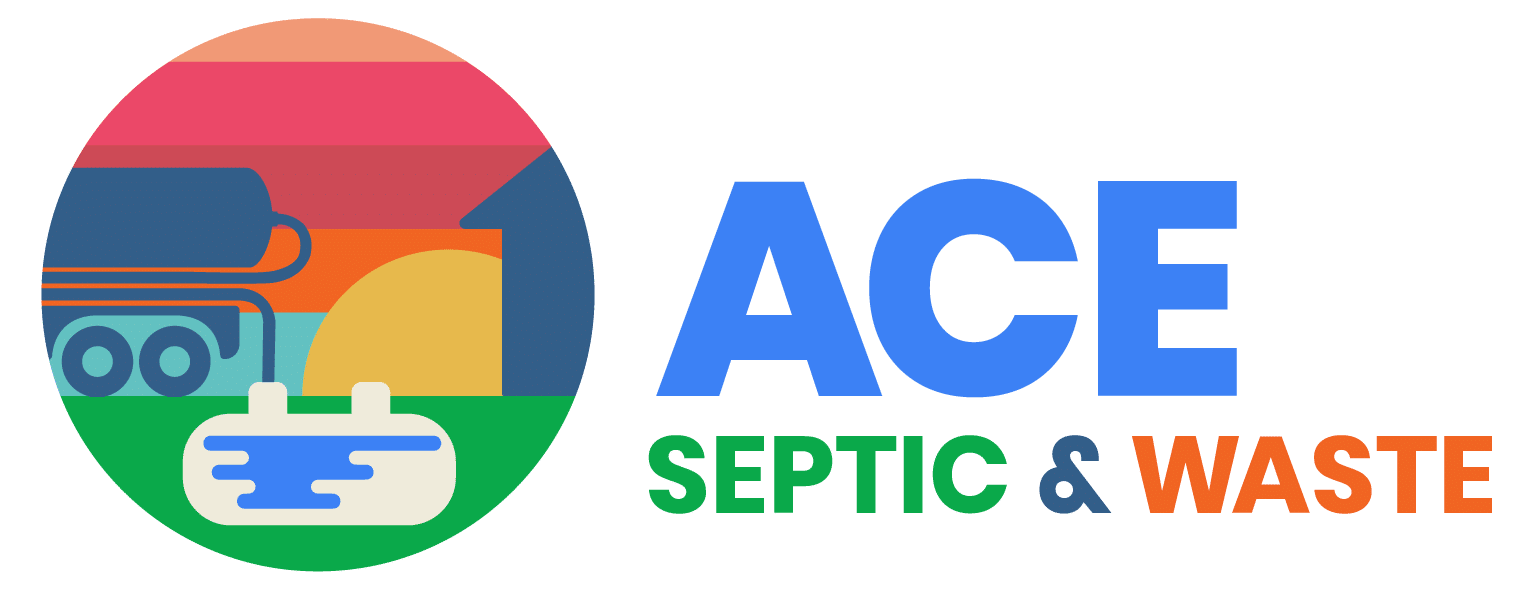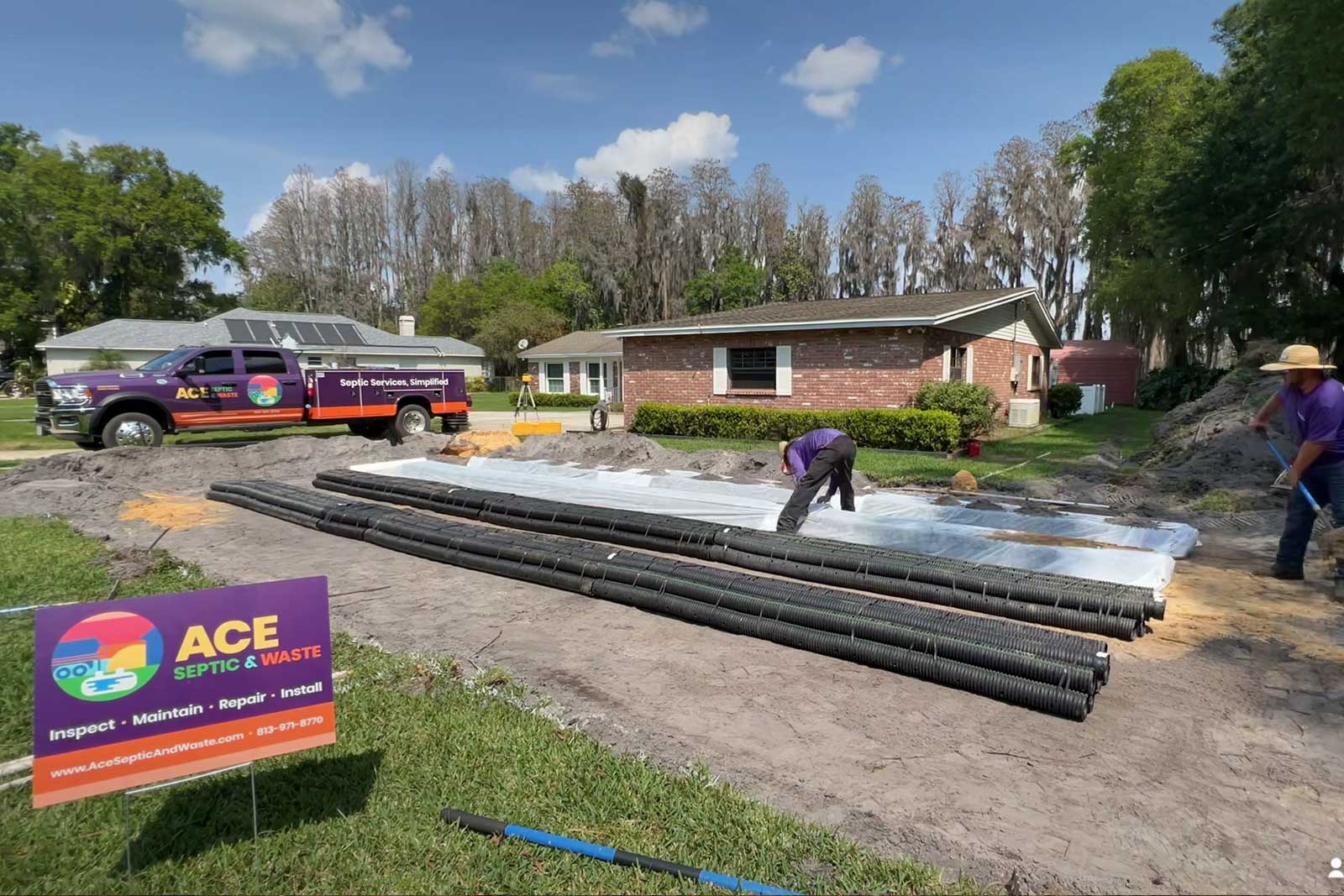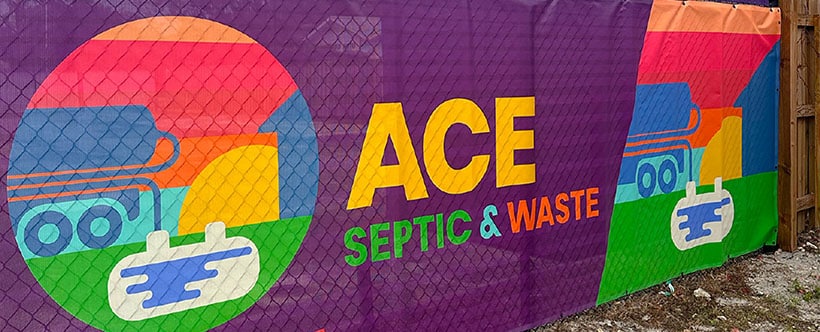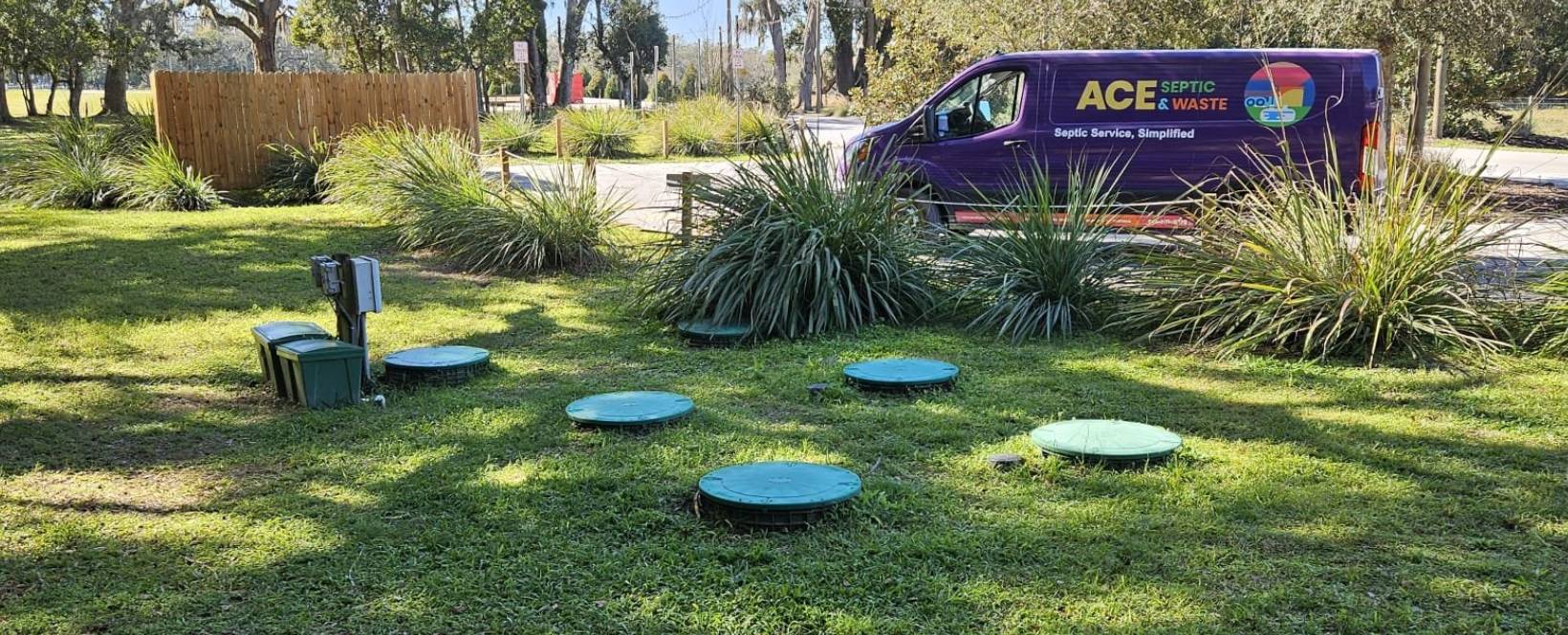Most of the time, wastewater is probably the last thing on your mind. You know that when you flush a toilet or turn on a faucet, the water runs down the drain. However, that’s far from the end of the story. Wastewater gets collected in a septic system or sent to city sewers. Although these two systems may look and sound similar, they are pretty different, and it’s essential to understand their distinctions and how a company like ACE Septic & Waste can help you either way. Let’s talk sewer vs. septic!
What Is a Sewer System?
A sewer system is a large-scale wastewater collection and treatment process normally managed by utility. Wastewater from certain homes, businesses, and other buildings in a specified area gets collected through pipes connected to the sewers.
The water then travels through underground pipes until it reaches a sewer treatment plant where it’s processed and treated.
If your private property links to the sewer line, you only have to worry about your pipes. The utility department handles problems with the sewer itself through lift station services.
What Is a Septic System?
A septic system is more localized than a sewer system. Instead of being managed by a local authority, it’s designed to treat wastewater for one specific property.
The septic tank collects all the water from the house’s drains, such as sinks, showers, and toilets. The wastewater gets held until it can be treated naturally by bacteria. When the waste eventually gets broken down, the grey water, referred to as “effluent,” is released into a nearby drainage field and slowly absorbed into the ground.
Ultimately, both sewer and septic systems properly dispose of wastewater. The main difference is that septic systems operate independently, while sewers are connected to the main sewer supply and treated in large plants.
How to Determine Septic or Sewer?
The choice between a septic or a sewer system usually gets made for you. A septic tank may be your only option if you’re in a rural area. If you’re in a busy city or suburb, there’s a good chance your home or business is already connected to the sewer.
However, there are exceptions. For example, a septic system would be required if you live in an area with a public sewer, but your property is too far from the main line to connect. Furthermore, if a public sewer connection is available but is already at maximum capacity, you must install a septic system until the public utility can accommodate you.
Sewer vs. Septic: The Key Differences
There are crucial differences between septic and sewer systems.
- Management: Sewer systems are connected to a broad wastewater treatment plant managed by city engineers, while property owners control and maintain septic tanks.
- Maintenance: When your property has a septic tank, all maintenance responsibilities fall on you. Neglecting your duties could be disastrous. You could create a health hazard or need to pay for an expensive repair.
If you have a commercial building, most counties require a service agreement with a licensed contractor like ACE for inspections and pump outs. The intervals between these two services do not always overlap, so each service’s required yearly quantity is at the contractor’s discretion, based on assessing the property’s needs.
If a commercial building is connected to the city sewer, it will still require a lift station to send the waste into the city pipeline. In this case, the professional managing it will be a septic professional. This is when the county requires a maintenance agreement and operating permit.
When a residential customer is on city sewer, all responsibility falls on the municipal utility.
- Space: Septic systems can only exist on properties with ample space. For the effluent to get absorbed into the ground, there must be enough room for a drainage field. If not enough room is available, you must install an ATU (Advanced Treatment Unit) septic system.
Sewer systems take up less space since it connects to an extensive underground network of pipes.
- Cost and Fees: To maintain a septic system, you must pay for installation, repairs, and regular upkeep. Regular inspections by a trusted company like Ace Septic & Waste are recommended unless you have an ATU, which requires a 2-year service agreement.
Sewer systems come with separate costs. You’ll need to take care of a monthly sewer bill from the city. Building a septic tank requires less money upfront, but utilizing the sewer is more affordable long-term. If a city sewer is available, a customer may be required to convert from septic to sewer.
Contact the Experts
A septic vs. sewer system depends on your geographical location and other factors. If you have questions about why your property or business falls into one of these categories, consult a professional.
ACE Septic & Waste offers septic services and lift station services in Tampa. Our mission is to help our clients keep their septic systems in excellent condition while preserving the Florida aquifer from harmful nitrates through antiquated or ineffective septic systems.
Private residents and homeowners can contact us today for more information about septic tank installation, maintenance, inspections, and repair. We’re happy to answer any questions you might have. You can reach us at 813-971-8770.







